On the afternoon of February 17, with 461/461 delegates (96.44% of the total number of National Assembly delegates) present voting in favor, the National Assembly passed the Law amending and supplementing a number of articles of the Law on Organization of the National Assembly.
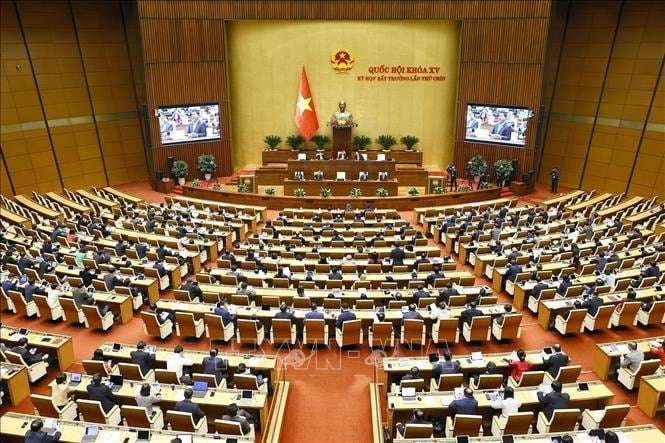
Presenting a summary report explaining, accepting and revising the draft Law amending and supplementing a number of articles of the Law on the Organization of the National Assembly, Chairman of the Law Committee Hoang Thanh Tung said that the majority of the delegates agreed with the provisions in Article 5 to define the authority of the National Assembly, the Government and other agencies in the state apparatus. Some opinions, although in agreement, suggested switching to the provisions in the Law on Promulgation of Legal Documents.
The provision of this content in the Law on Organization of the National Assembly is based on the requirement that the Law on Organization of the National Assembly must clearly and distinctly define the scope, tasks, and authority of the agencies in accordance with the provisions of the Constitution. This is a law regulating the organization and operation of the National Assembly, so it is necessary to supplement and clarify the authority of the National Assembly in performing the task of "making laws and amending laws" stipulated in Clause 1, Article 70 of the 2013 Constitution.
Regarding the National Council and the National Assembly Committees, the majority of National Assembly deputies agreed with the way the National Council and the National Assembly Committees are regulated as in the draft Law. Some specific comments were made on the name, organizational structure, functions, tasks, and powers of the National Council and the National Assembly Committees.
Regarding the establishment of Subcommittees of the Ethnic Council and Committees, Mr. Hoang Thanh Tung said that the Standing Committee of the National Assembly recognizes that the establishment of Subcommittees to operate regularly or for specific tasks and projects is one of the operating methods of the Council and Committees, not a rigid organizational structure of the Ethnic Council and Committees of the National Assembly.
Based on Conclusion No. 111/KL-TW of the Politburo, the draft Law has institutionalized the components of the organizational structure of the Council and Committees; the establishment of Subcommittees will be stipulated in the Resolution of the National Assembly Standing Committee on the specific tasks, powers and organizational structure of the Ethnic Council and the Committees of the National Assembly as a method of organizing the work of these agencies to ensure flexibility and conformity with the way of regulating the agencies of the National Assembly.
Regarding the National Assembly session (Article 90), some opinions of delegates suggested replacing the phrase "The National Assembly holds an extraordinary session" in Clause 2, Article 90 with "The National Assembly holds an irregular session" or the National Assembly has a thematic session.
Accordingly, the National Assembly meets regularly twice a year. Extraordinary sessions of the National Assembly are held when requested by the President, the National Assembly Standing Committee, the Prime Minister or at least one-third of the total number of National Assembly deputies to promptly consider and decide on urgent issues under the authority of the National Assembly to meet the requirements of socio-economic development, national defense, security and foreign affairs. At the same time, we will continue to study the appropriate numbering of regular and extraordinary sessions of the National Assembly for consistent implementation from the next term.
In addition to the above contents, the National Assembly Standing Committee has directed the study, review and maximum acceptance of opinions from National Assembly deputies and relevant agencies and organizations to revise both content and legislative techniques. The draft Law, after being accepted and revised, has amended and supplemented 21 articles (an increase of 4 articles compared to the draft Law submitted to the National Assembly for comments) and abolished 17 articles of the current Law on Organization of the National Assembly; ensuring timely institutionalization of the Party's policy on streamlining and streamlining the apparatus and personnel work, ensuring consistency and unity with the amendments and supplements to the Law on Organization of the Government, the Law on Organization of Local Government and the Law on Promulgation of Legal Documents.
In addition, the Law passed does not specify the number and names of the agencies of the National Assembly. This is appropriate and to facilitate the continued implementation of the policy of rearranging and streamlining the apparatus, ensuring harmony between the organizational structure and the functions, tasks and powers of the agencies. Of the 10 agencies of the National Assembly at present, 8 agencies are directly affected by the rearrangement, merger, and adjustment of tasks and powers, and 2 new agencies of the National Assembly have been established.
Source: https://baotainguyenmoitruong.vn/quoc-hoi-thong-nhat-sua-ky-hop-bat-thuong-thanh-ky-hop-khong-thuong-le-386682.html








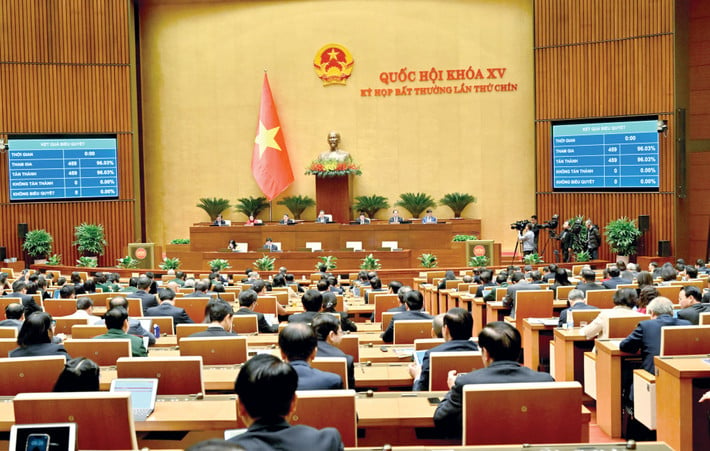

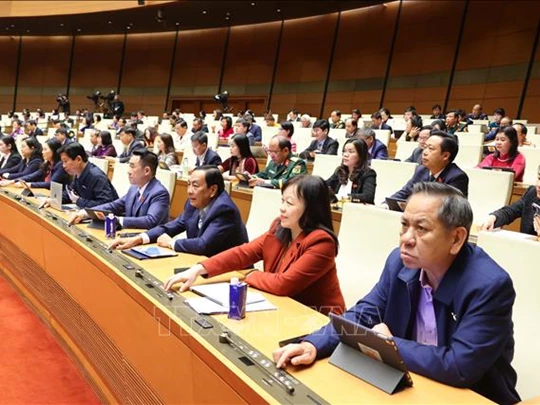

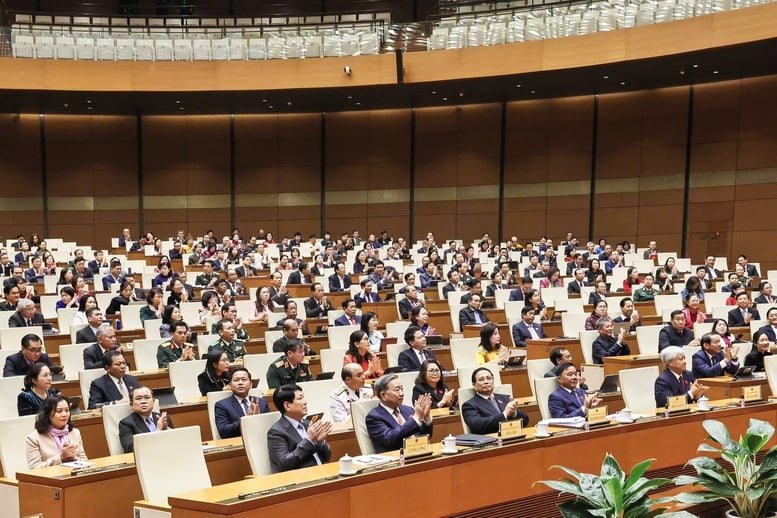



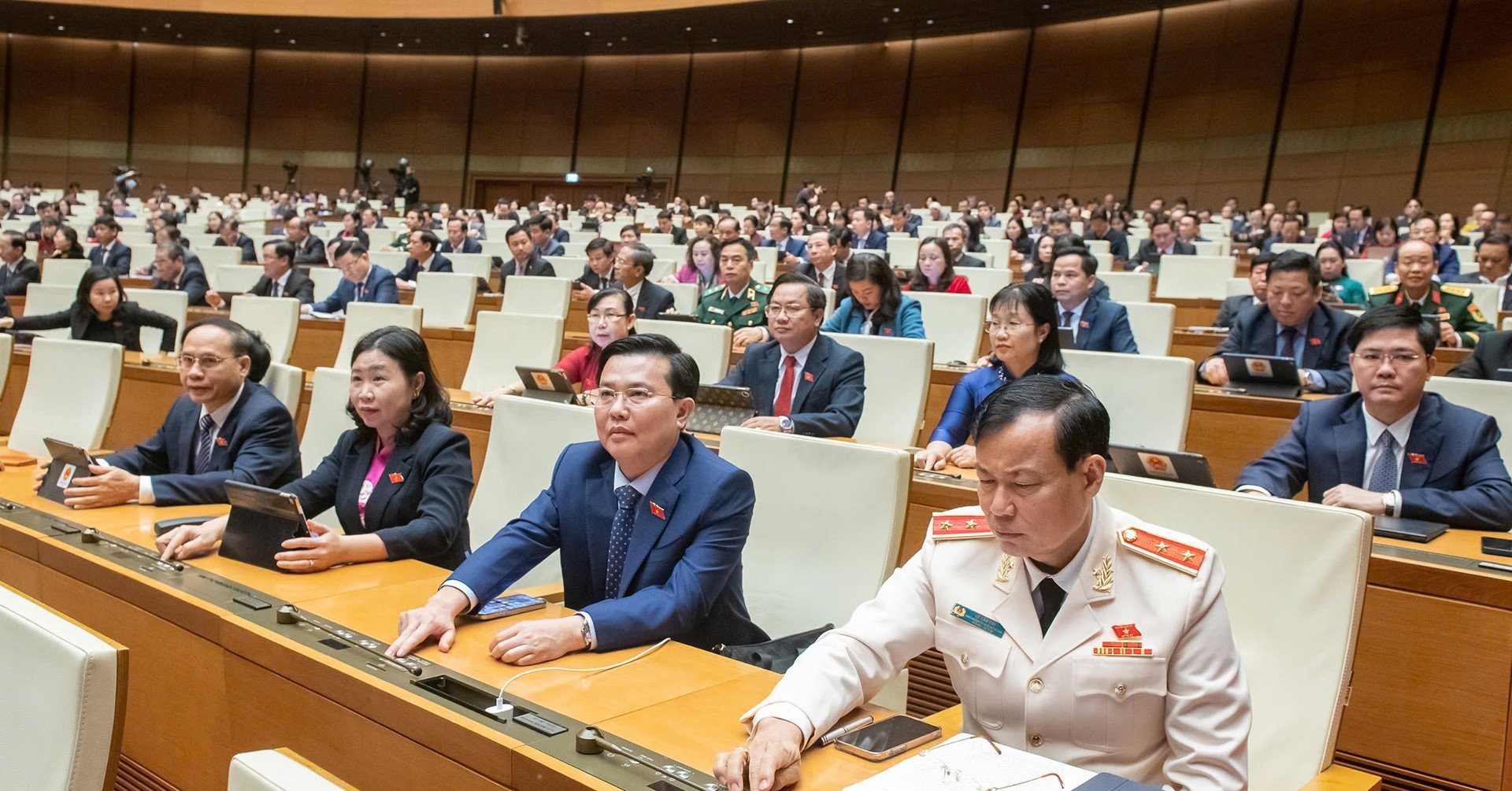

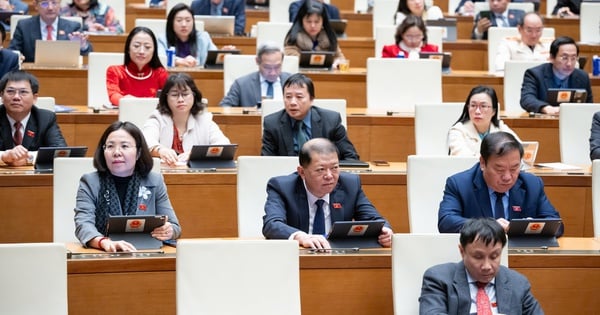

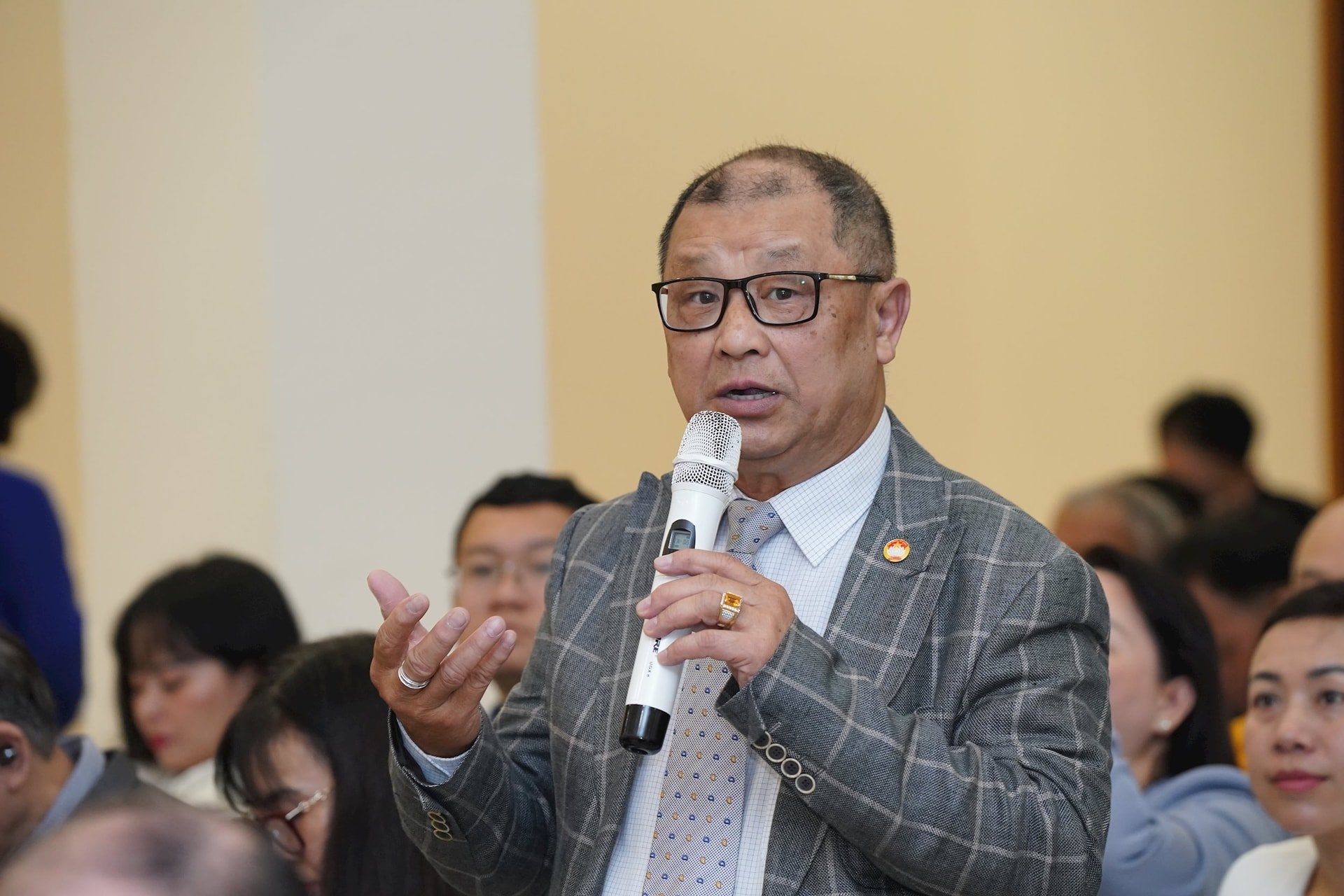

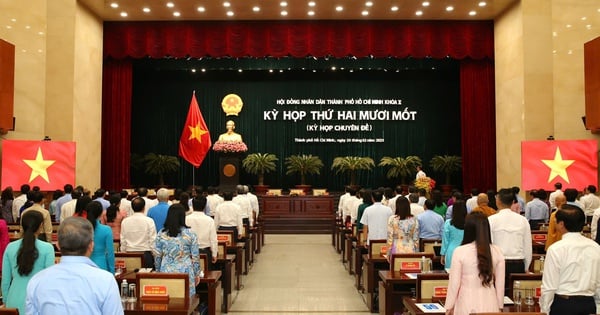

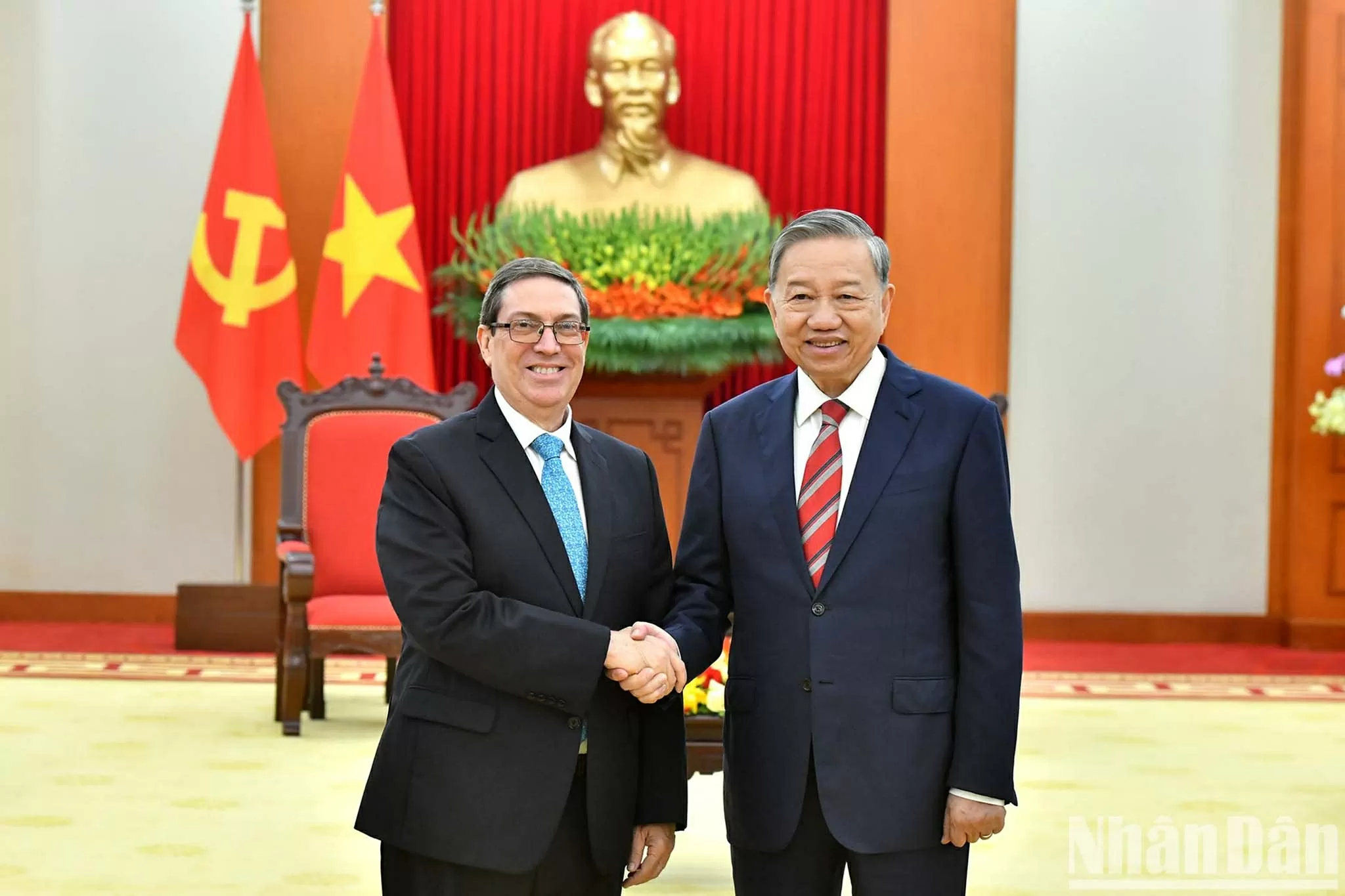

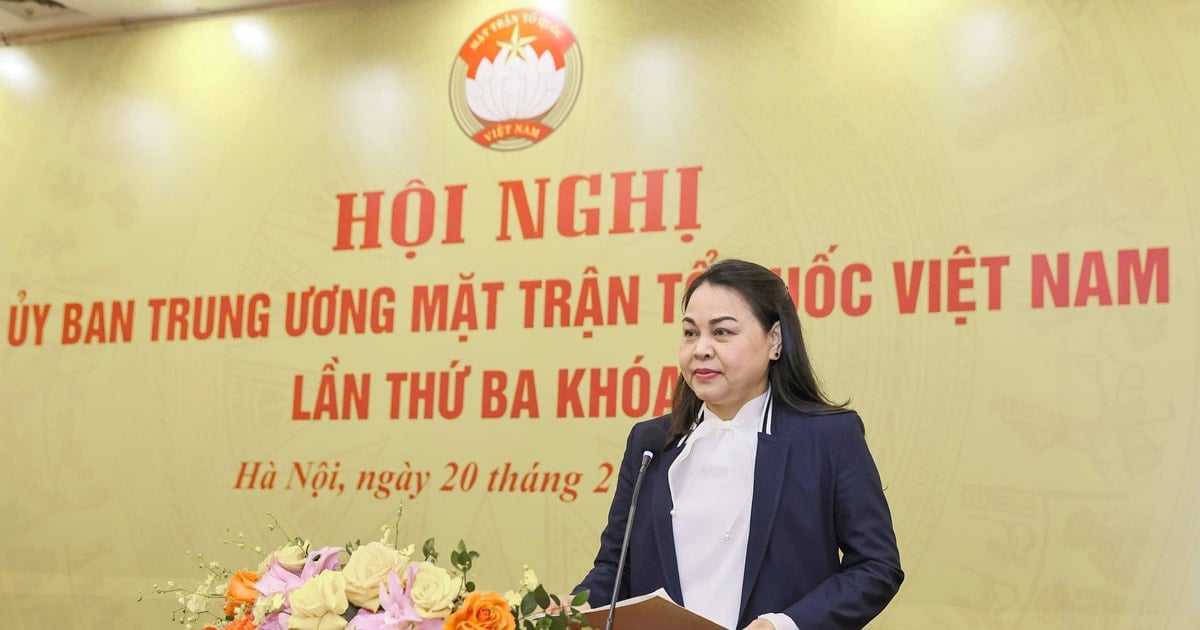
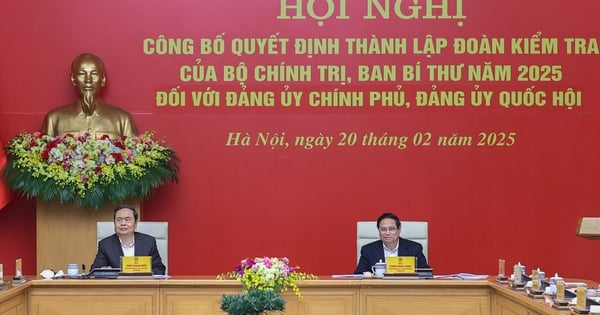
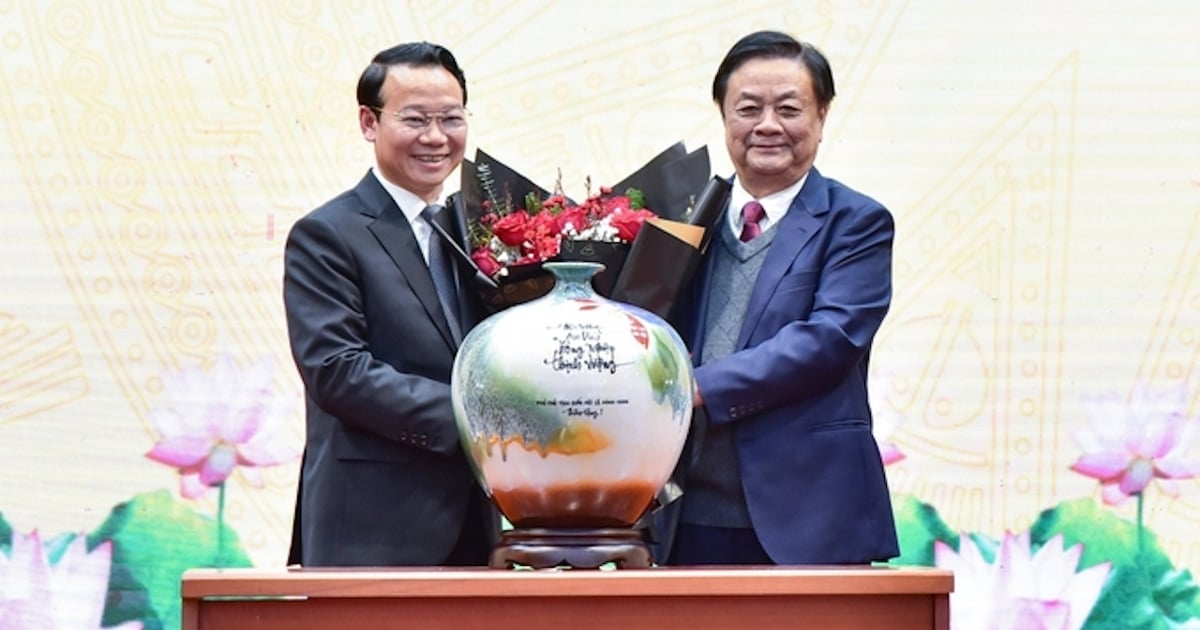

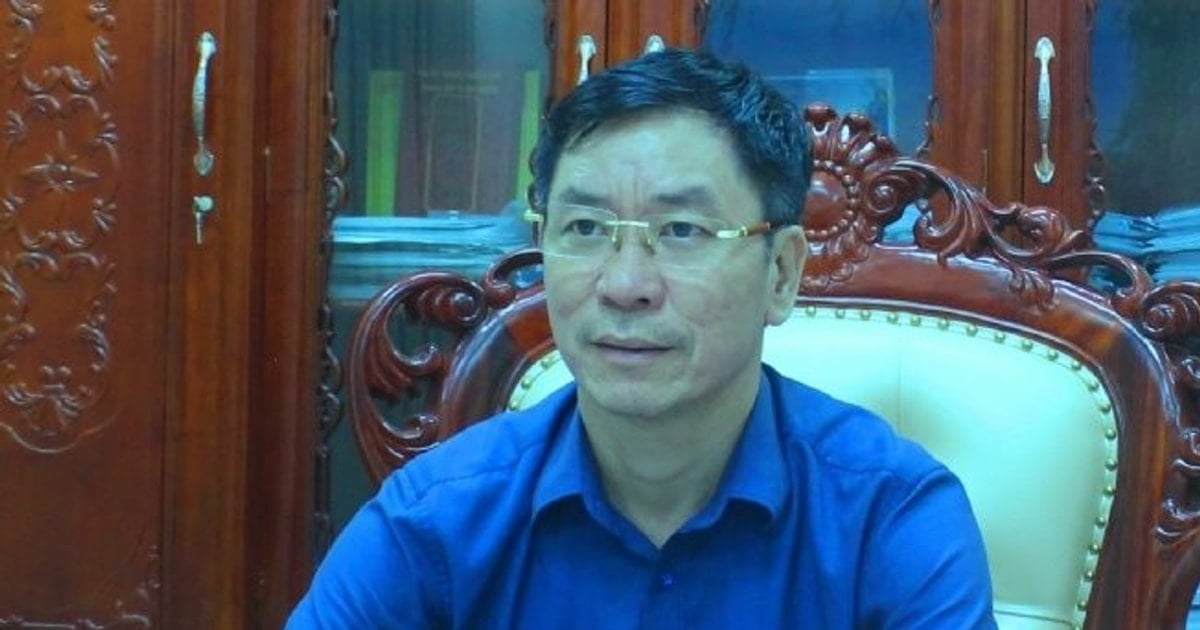
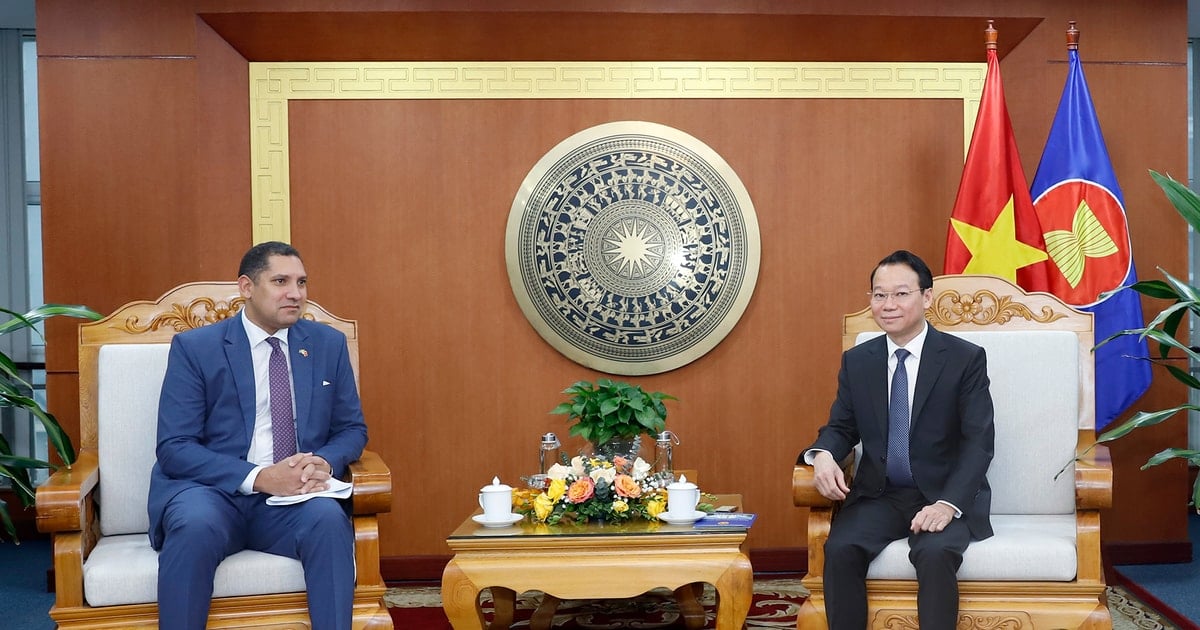
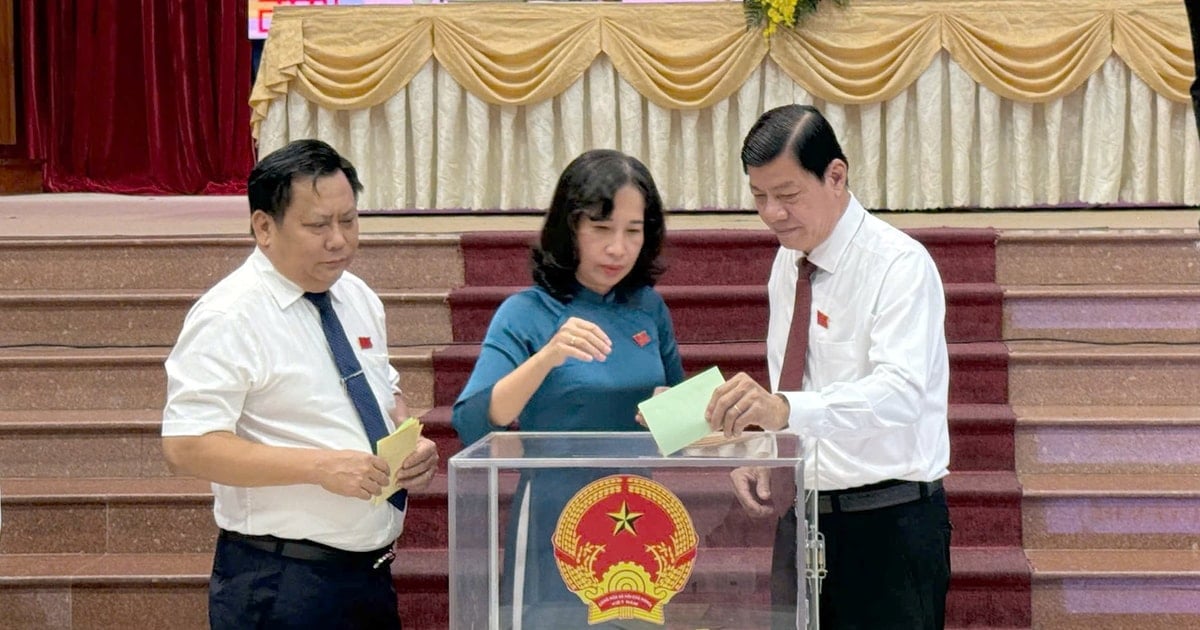
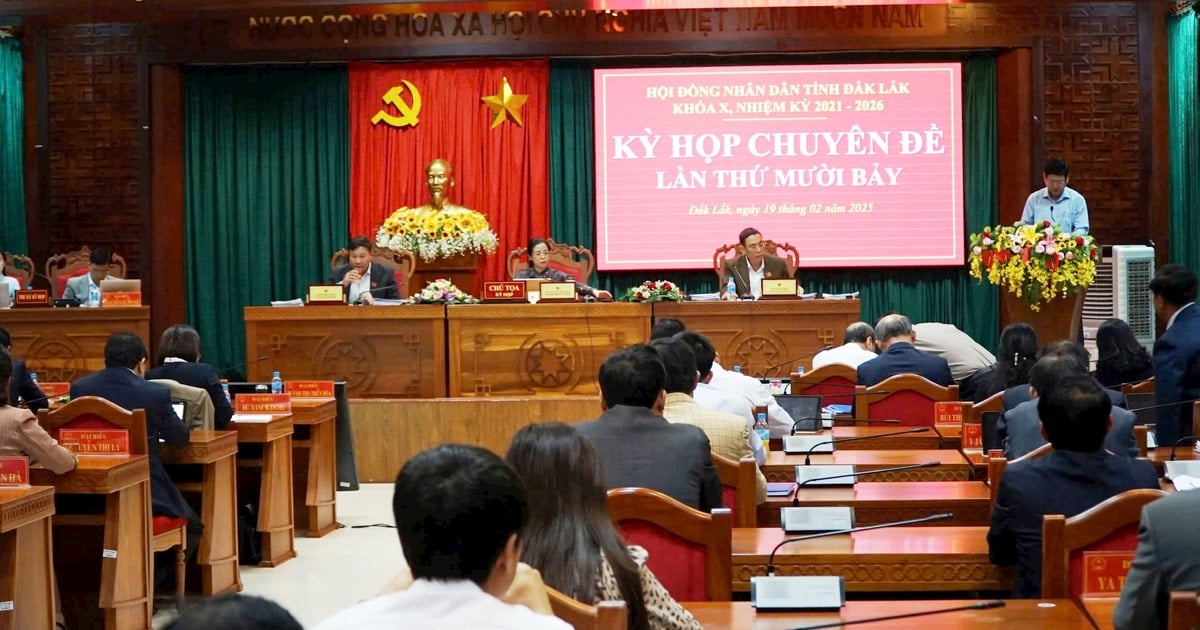
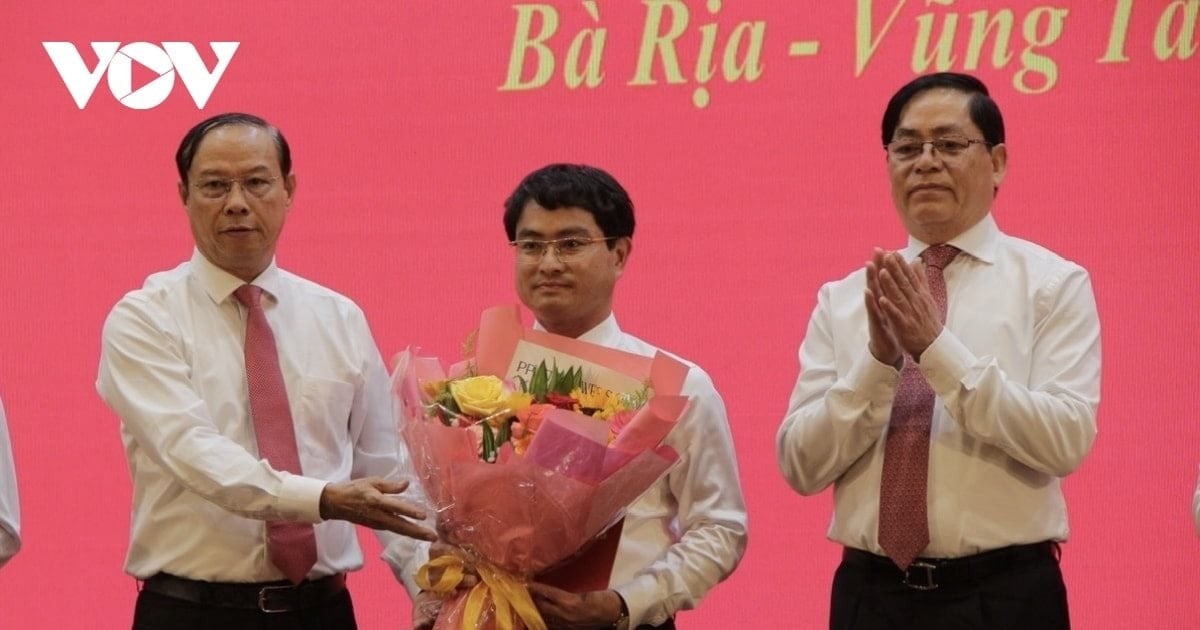
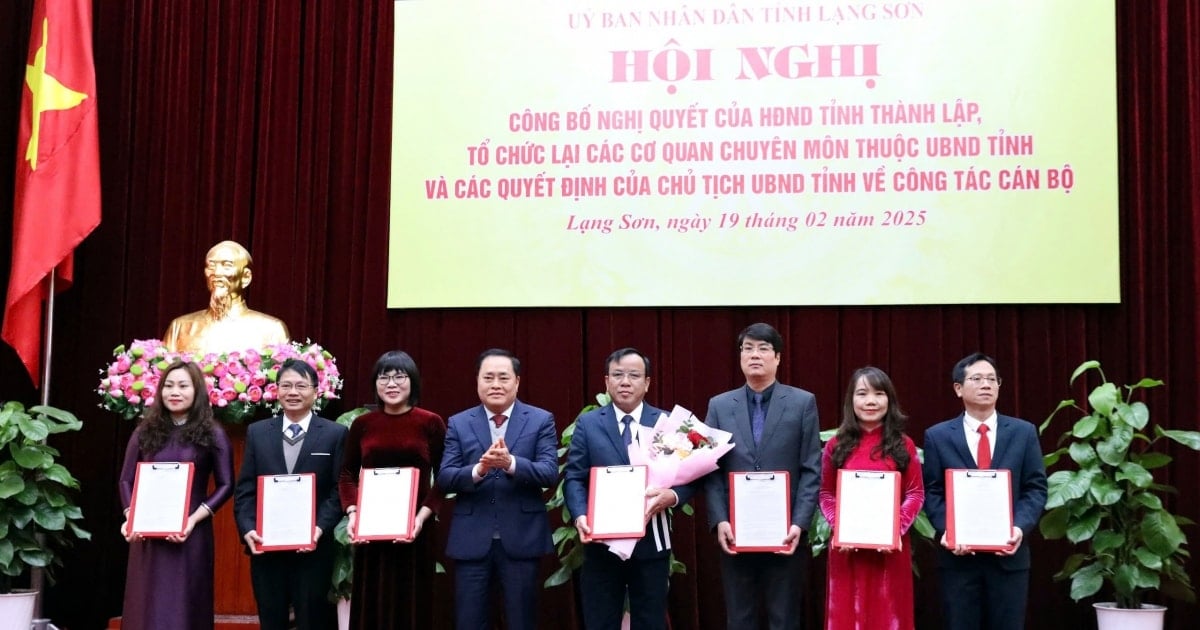










Comment (0)